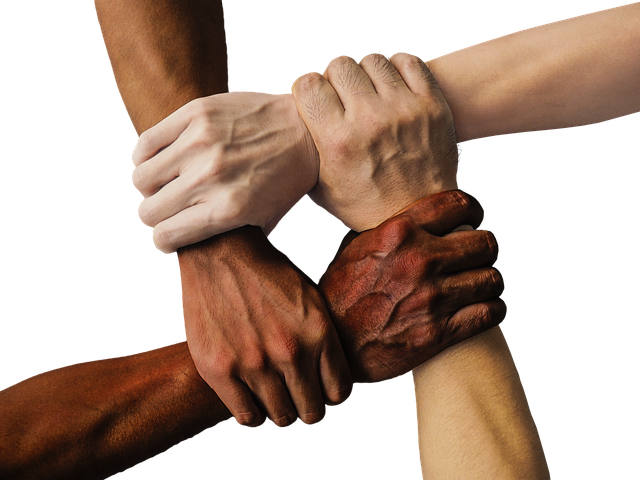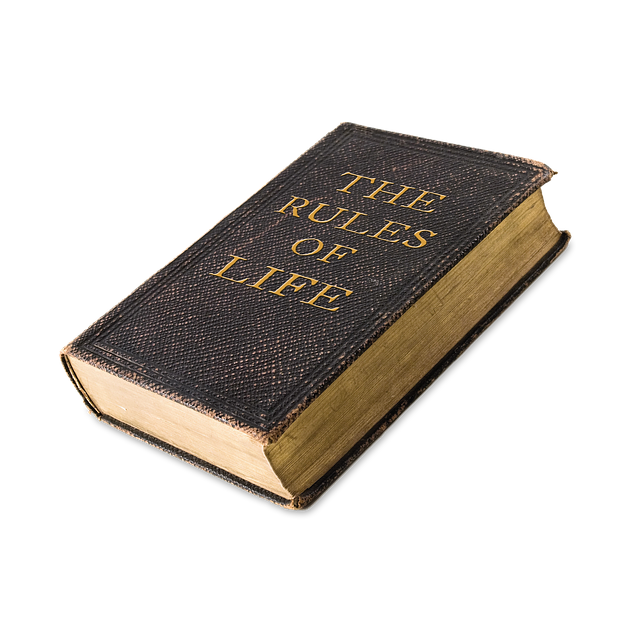The gaming landscape has dramatically transformed over the past few decades, evolving from simple arcade games to complex multiplayer experiences that connect millions worldwide. However, as the community grows, so does the prevalence of gaming disputes, an issue that affects not only casual gamers but also professional eSports athletes. Navigating these disputes becomes increasingly crucial for maintaining a healthy gaming environment.
At the heart of many gaming disputes are issues related to fairness and competition. In traditional games, players may squabble over rules or perceived cheating, often leading to heated debates on forums and social media. However, the stakes rise considerably in the world of eSports, where players can earn significant income and recognition. Such high stakes can amplify disagreements, resulting in accusations of unfair play, toxicity, and even harassment.
One of the most common causes of gaming disputes comes from differing interpretations of the rules. In many competitive settings, a lack of clarity or inconsistent application of rules can lead to significant tensions among participants. For instance, in games like League of Legends or Dota 2, where strategies are complex and the margin for error is slim, misunderstandings can escalate quickly. Players might feel justified in disputing a decision made by a referee or a game developer, which can turn into public disputes that affect the entire community.
Additionally, the rise of online platforms has made it easier for disputes to spill over into public forums, generating a culture where arguments can be seen and heard by everyone. Gamers often feel compelled to voice their frustrations, leading to a cycle of negativity that can harm community spirit. The anonymity of online interactions can embolden players to engage in toxic behavior, leading to a toxic environment that discourages newcomers and fuels discontent.
Another interesting facet of gaming disputes lies within the realm of developers versus players. As game updates, balance changes, and new content are rolled out, not every community member will be satisfied. Many outspoken players will rally against perceived injustices, leading to vocal disputes over game mechanics or features that players believe adversely affect their experience. This can create a divide between developers and their audience, making it their challenge to communicate effectively.
In tackling these challenges, many communities are turning to moderation and conflict resolution practices. Establishing clear guidelines can help mitigate disputes before they escalate, allowing gamers to understand acceptable behavior and fair play principles. Moreover, fostering dialogue between community members and game developers can lead to healthier interactions and resolution mechanisms for addressing grievances.
As eSports continues to grow, the burden of responsibility falls on all community members—players, developers, and organizers—to cultivate an environment that encourages sportsmanship and respect. Building spaces for constructive feedback can transform gaming disputes into opportunities for growth and innovation, benefiting both individuals and the community as a whole.
In summary, while gaming disputes may reflect underlying issues of competition, fairness, and communication, they also represent an opportunity for community evolution. By working together to establish norms and practices, gamers can help shape a future where disputes are managed gracefully, ensuring that the essence of gaming remains intact for generations to come.




